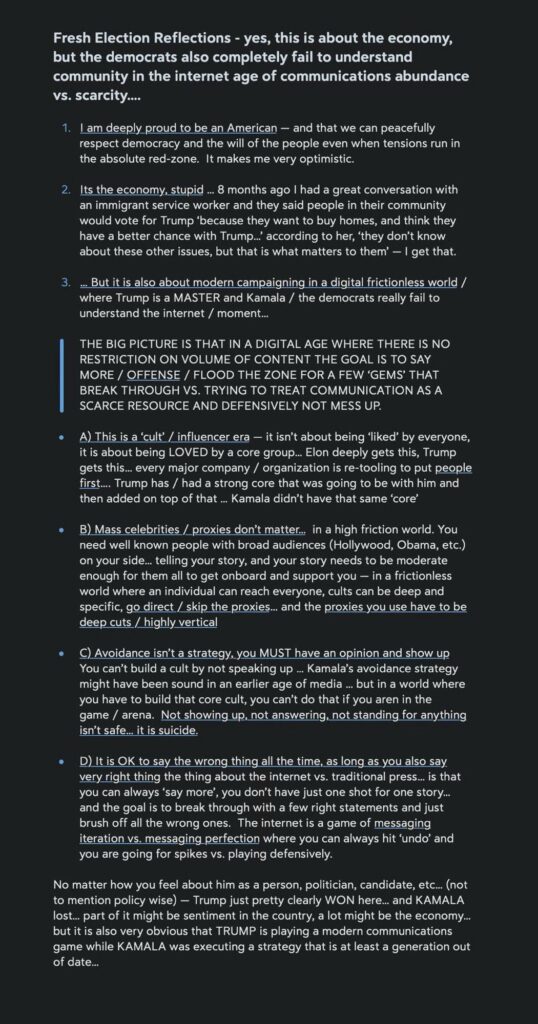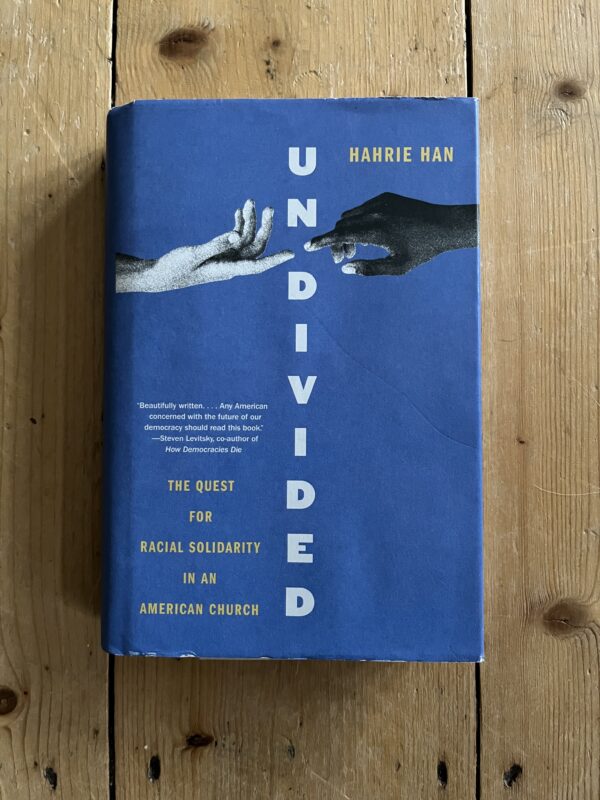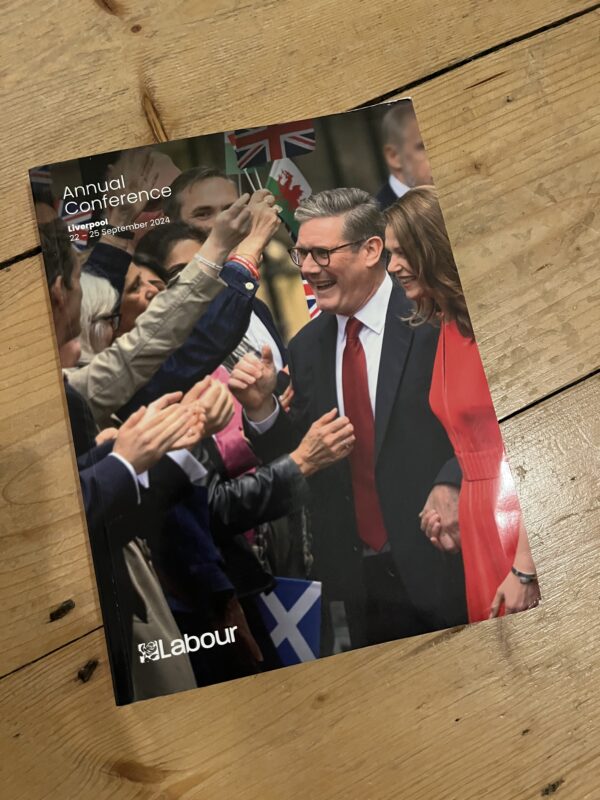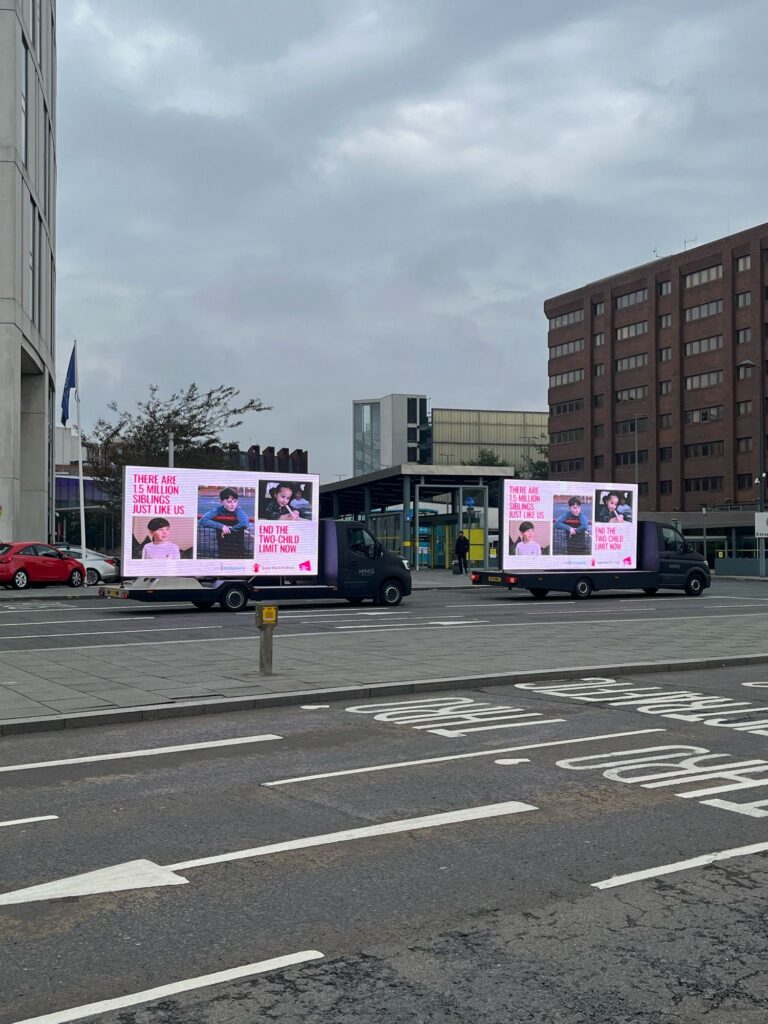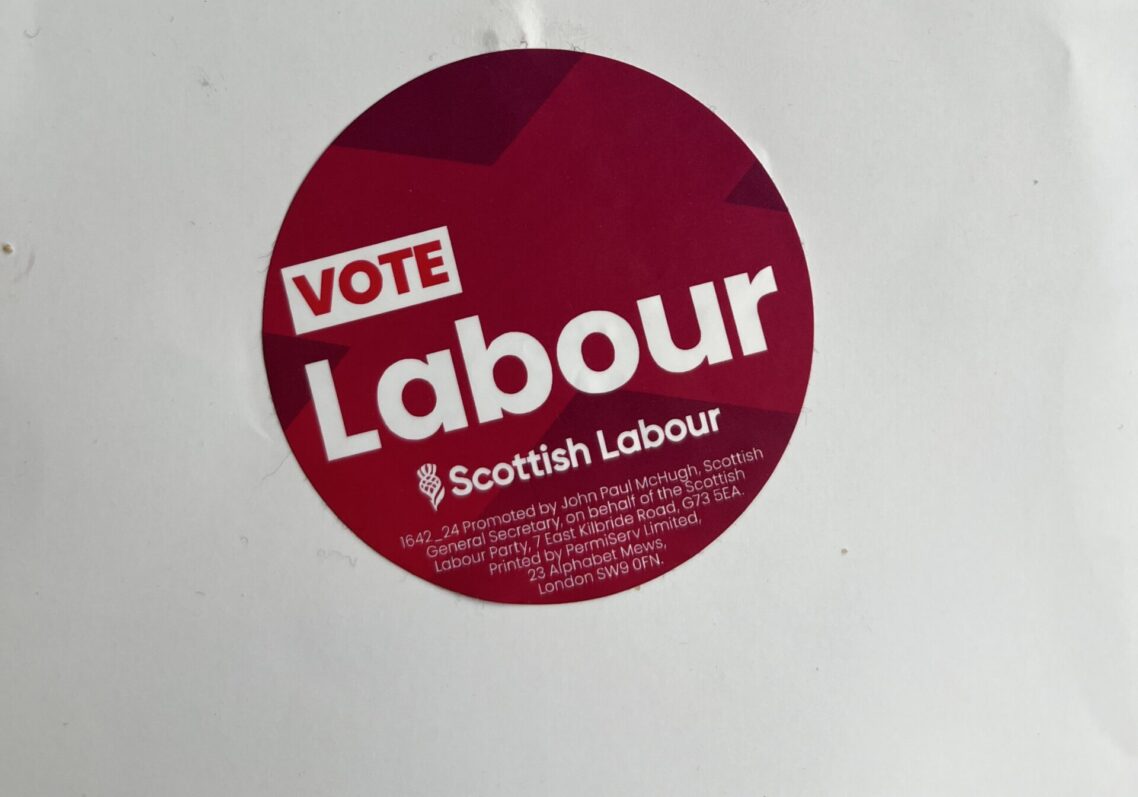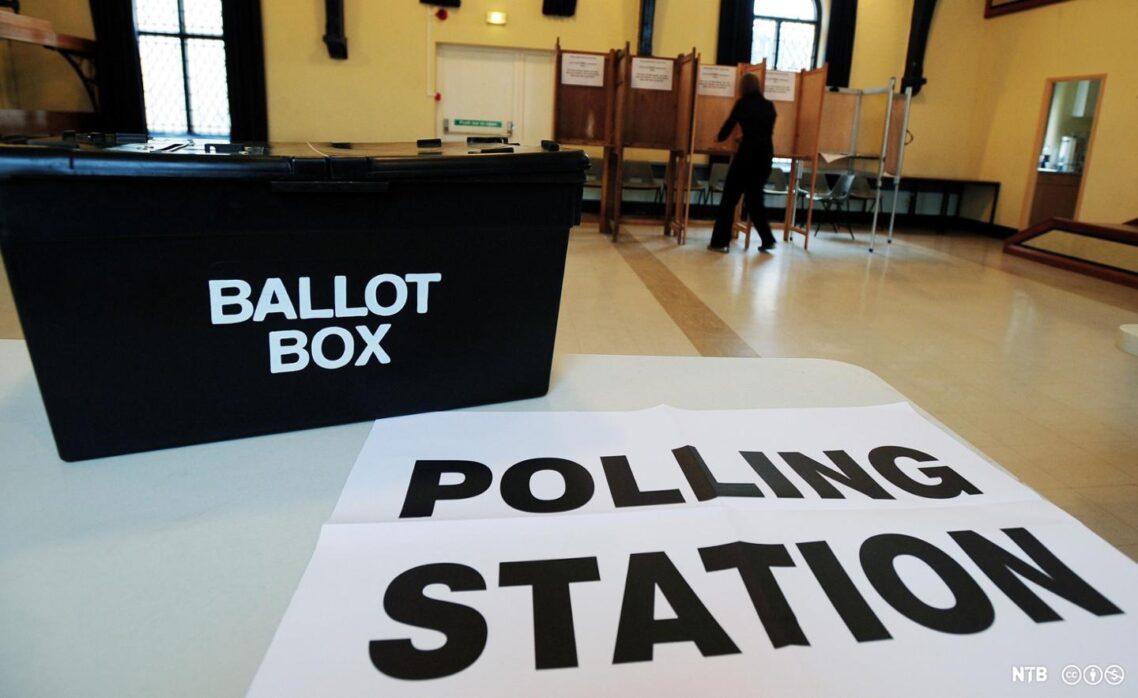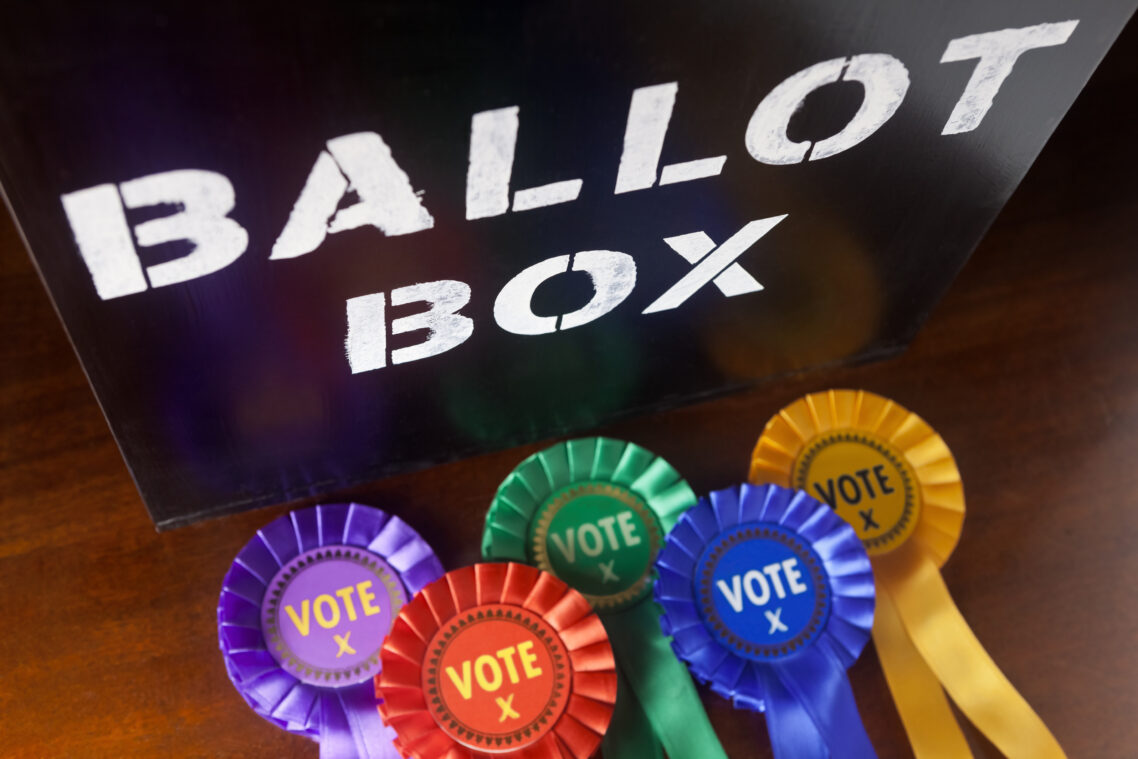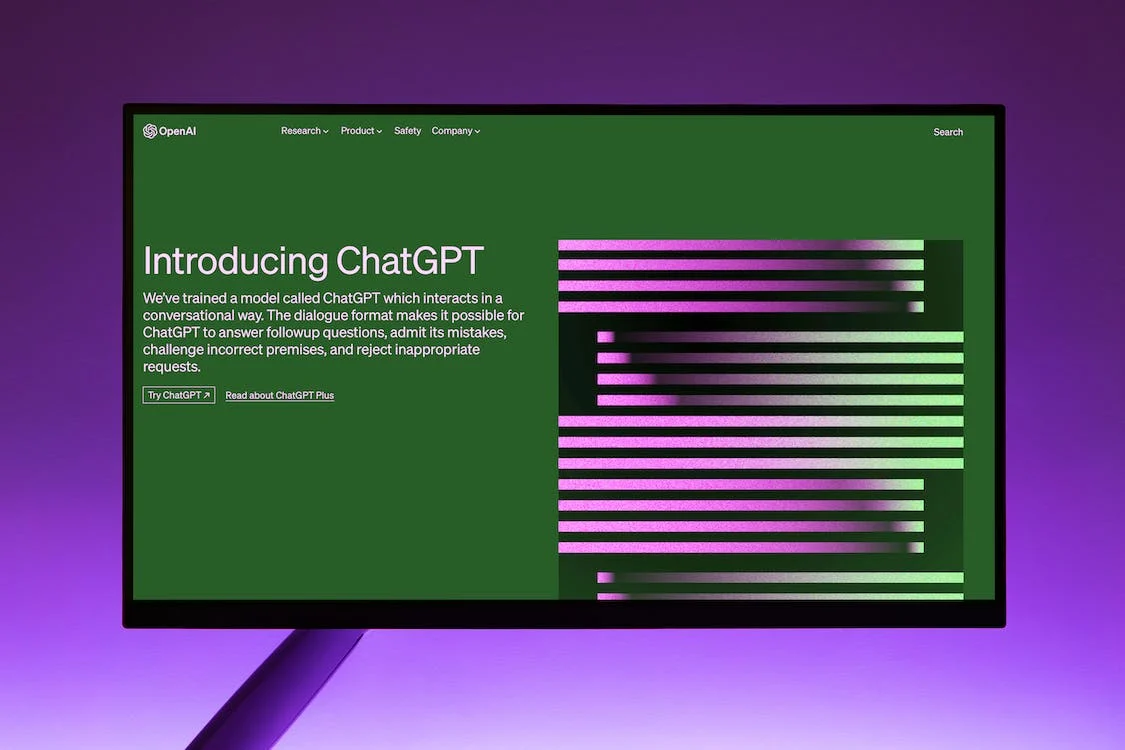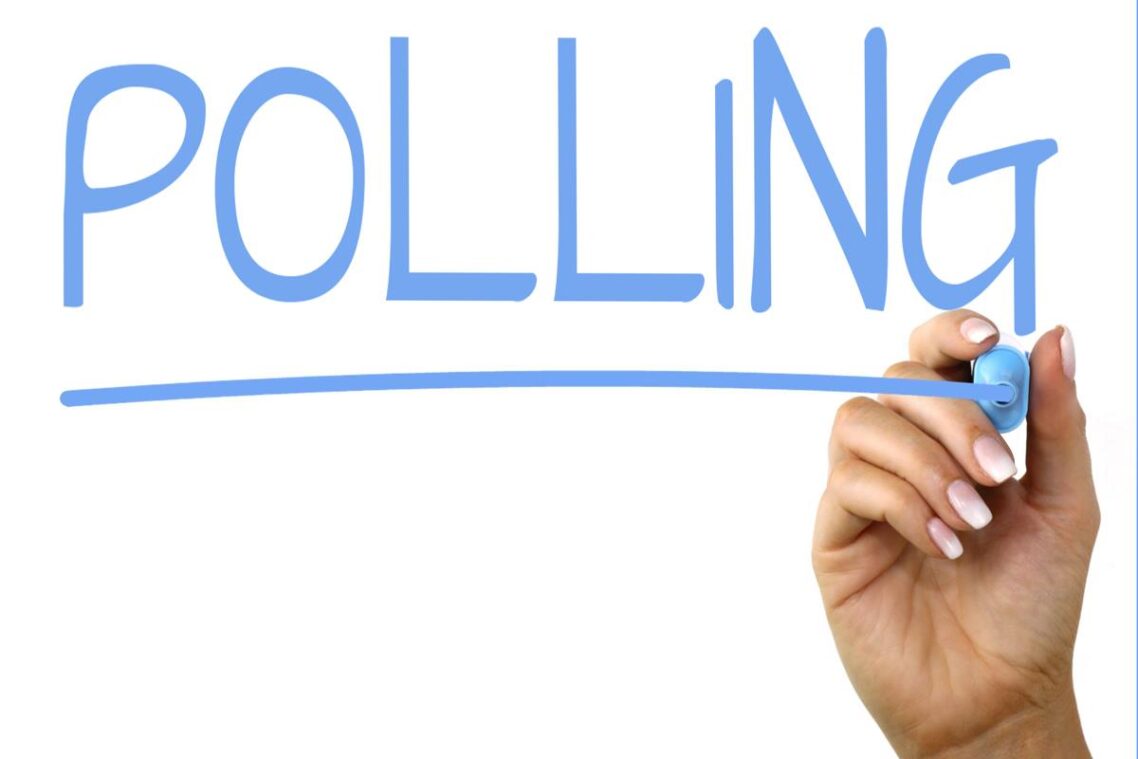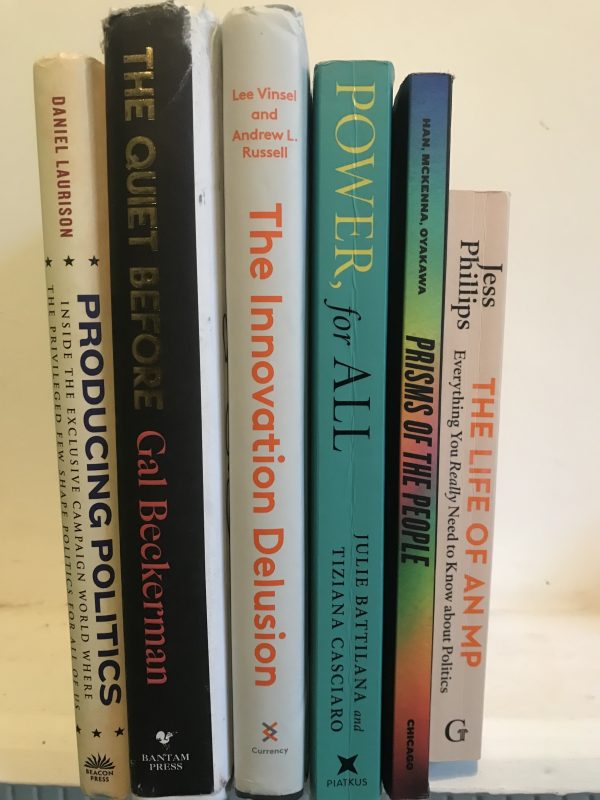If you’ve ever woken up the morning after a big political event and felt unprepared for what might come next then playing more games might help you avoid that.
War Game is an interesting documentary that brought together a group of retired politician, military officials and civil servants to explore how a US government might respond to a contested election last November, and then make recommendations about what could be done in the event of the circumstances happening.
It’s an OK watch – and ultimately the scenario that it envisaged didn’t happen, but it got me thinking about the role that similar scenario exercises can play in change making.
Scenario exercises (often referred to as war gaming) has its roots in the military, but is now increasingly used by computer programmers, humanitarian planner and businesses but they seem to be less used by change-makers – although I’d love to know the experiences of readers in using them as an approach in the comments.
Perhaps that’s because they feel like an expensive outlay taking staff off day-to-day work to focus on something more esoteric, or it’s just not possible to think far enough ahead of the immediate to think about the need to do longer term thinking that scenario games best lend themselves to.
But I think that’s short sighted by campaigners – and funders – especially given the moment we are in.
Watching what’s unfolding with the new Trump administration in the US and it’d be easy to believe that the same couldn’t happen here in the UK and perhaps it won’t. But in the same way that you take out house insurance for something that you don’t think is likely to happen – I don’t think it makes sense to just hope it doesn’t happen. And that’s where game playing comes in.
Scenario exercises allow you to role play what you and others would do in the event of something unexpected happening – and then plan accordingly.
I’m a big fan of using scenario games in advocacy planning. Last spring, anticipating a General Election that would be called at some point during the year, at Save the Children we ran a mock election exercise to test how we’d respond in the first 24 hours of the country being called to the polls, and back in the days of being involved in Campaign Bootcamp we used to run scenario campaign exercises to put into practice the campaign skills and knowledge we’d been learning.
So how do they help change makers?
- It allows you to anticipate what might happen and adjust your approach ahead of time – rather than wake up the morning after something politically seismic has happened, scenario exercises allow you to identify what interventions could be made now to prevent the scenario happening. It’s easy to wake up the morning after and lament what had happened, but scenario exercises allow you to look into the future and make decisions about how you use your resources.
- It get you to engage with how the forces we are working against would be thinking – for the exercise to work well someone has to really get into the mind and approach of those you’re targeting. Forcing yourself to think and act like those that are opposing your agenda can feel uncomfortable, but it’s an invaluable way of building knowledge and understanding of your opponents approach. It takes power mapping to another level.
- They show you what you should already be confident in – back to our exercises at SCUK, we’d already started to make plans for the election, so the exercise highlighted what we were already doing right. It allowed us to establish that we had already had good instincts about what our priorities would be, that we were able to think about the implications of decisions and that we could quickly get policy messages out in response to media enquiries.
- But it also highlighted gaps in our knowledge and planning – it gave us some invaluable insight into areas that we weren’t as sharp on, or areas where we needed to do more collective planning. For example we found that we got too many people involved in our decision making, we weren’t as clear on what we could/couldn’t do under election law, and we had gaps in our contacts with some political parties.
- It get’s colleagues working together as a team, especially under pressure – throughout my career I’ve found that doing something collectively together is a great way to build connections in a team, and while I know colleagues definitely rolled their eyes when some of the requests came through during our election ‘day’, it led to a stronger team being built ahead of the moment of actually needing to deploy our election plans.
